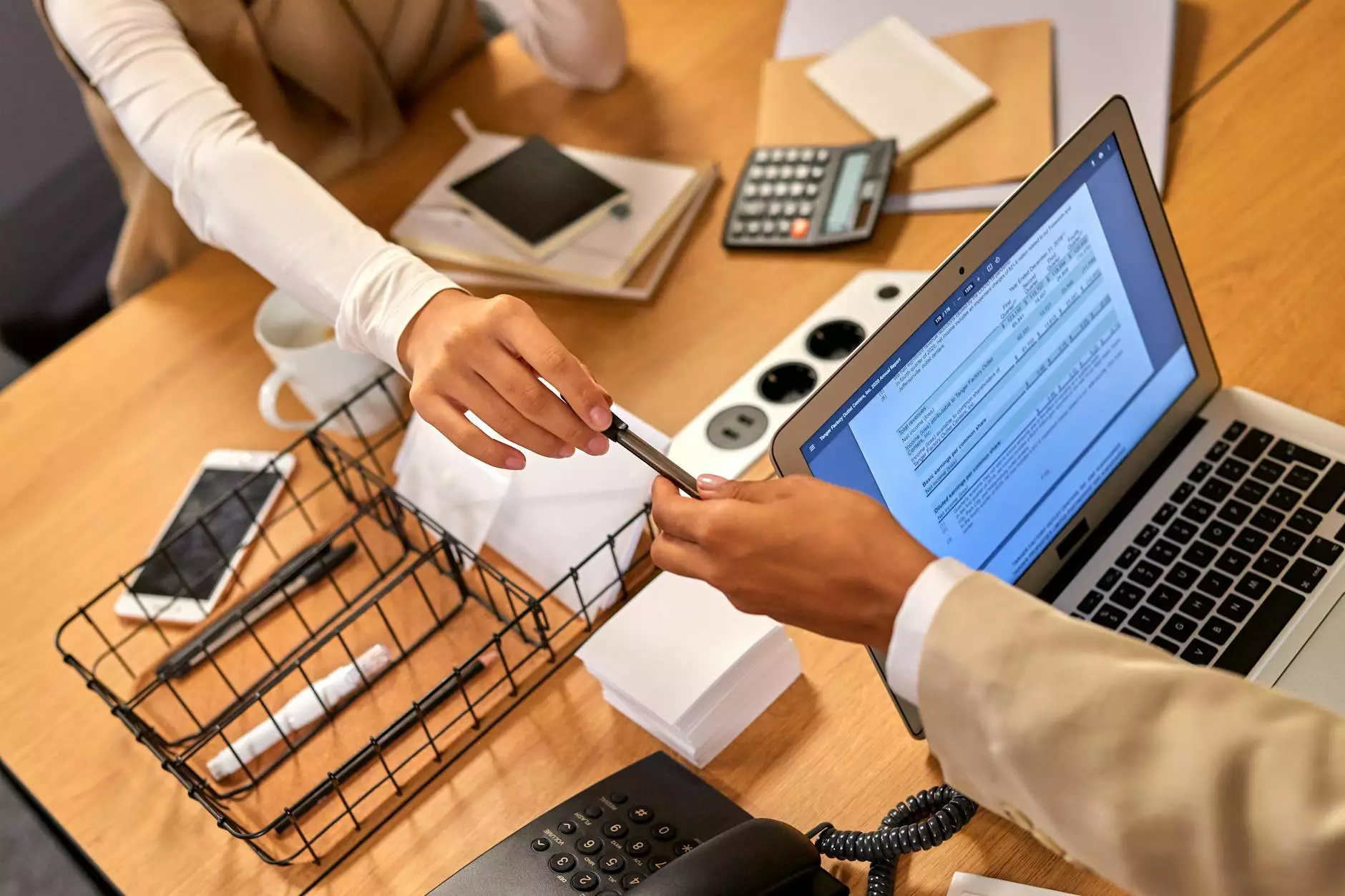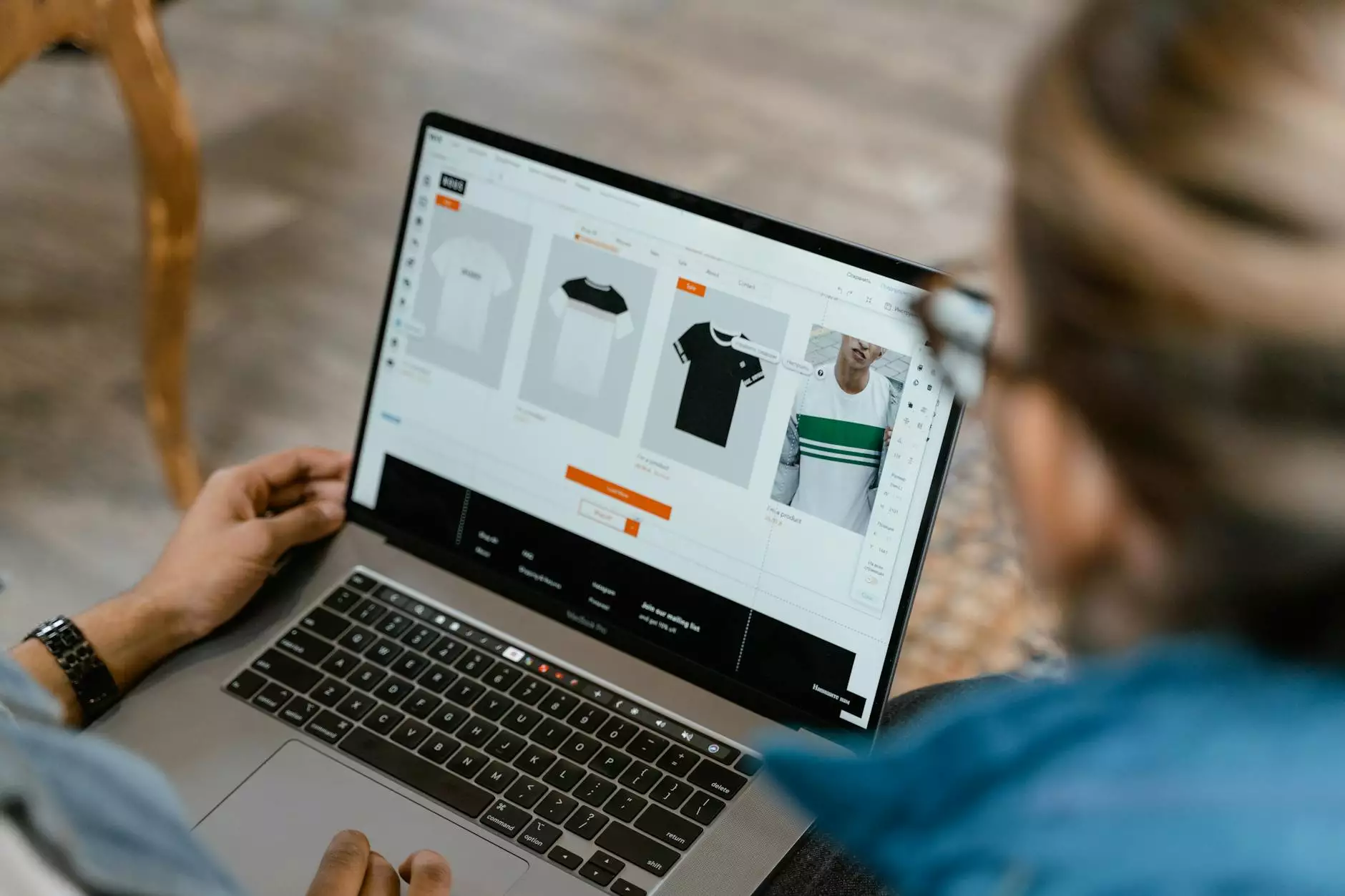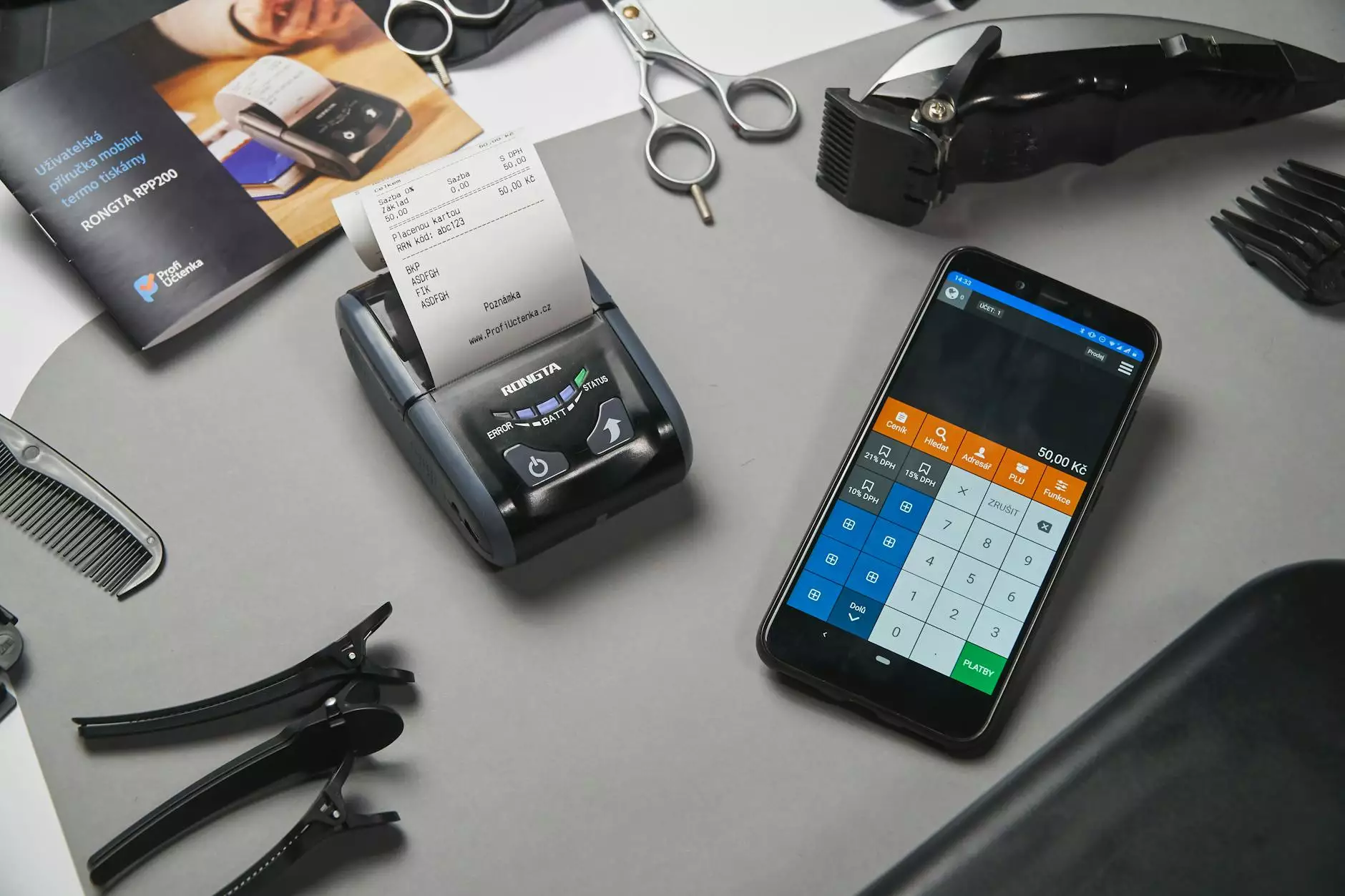Understanding the Market of Fake and Real Documents for Sale

In today's fast-paced business environment, the demand for various types of documentation is ever-increasing. Among these are fake and real documents for sale, which play a crucial role in multiple sectors. This article delves into the nuances of fake documents, their legitimate uses, and the ethical considerations surrounding their purchase and sale.
The Landscape of Document Authenticity
In this digital age, the authenticity of documents is more critical than ever. Businesses and individuals rely on various documents for identification, verification, and transaction purposes. The line between fake documents and legitimate documentation can often appear blurred, especially in a marketplace that thrives on anonymity and convenience.
The Role of Fake Documents in Business
While the term "fake documents" may often have negative connotations, there are circumstances where their usage can be entirely legitimate. Here are several aspects to consider:
- Training and Simulation: Companies sometimes create fake legal documents for training purposes, helping employees understand processes without risking real legal ramifications.
- Film and Entertainment: The entertainment industry often requires fake documents to enhance storytelling without jeopardizing real identities or sensitive information.
- Historical Reenactments: Organizations involved in historical preservation might use replicas of documents to educate the public while maintaining historical accuracy.
Fake Document Makers: Who Are They?
The market for fake document makers has evolved with technology. These individuals or businesses specialize in producing high-quality replicas that can serve various client needs. However, understanding the ethical implications of using these services is crucial.
Legitimate vs. Illegitimate Uses of Fake Documents
Not all fake documents are created equal. It's essential to discern the legitimate uses from the illicit:
- Legitimate Uses:
- Training materials for educational institutions.
- Prop requirements for drama productions.
- Samples or templates for legal firms.
- Illegitimate Uses:
- Fraudulent activity, such as identity theft.
- Illicit trade or illegal immigration.
- Tax evasion and other criminal enterprises.
Exploring Fake Legal Documents
Among the vast array of documents available, fake legal documents have their unique niche. These documents might include contracts, affidavits, or deeds that mimic real items for various purposes.
Common Types of Fake Legal Documents
Understanding the types of fake legal documents can help individuals and businesses discern what's appropriate and what crosses ethical lines:
- Fake Contracts: Often utilized in training scenarios to help negotiators hone their skills without real stakes.
- Fake Affidavits: Used in rehearsals for court cases to prepare attorneys.
- Fake Deeds: Can be employed in simulations for real estate training programs.
The Ethical Considerations of Purchasing Fake Documents
As the market for fake documents expands, ethical concerns come into play. It's vital for buyers to ask themselves a few critical questions before purchasing:
- What is the intended use of the document?
- Will the document mislead or harm any individuals or organizations?
- Is it being used for educational or simulation purposes?
Guidelines for Ethical Usage
Ethics should guide every decision involving fake documents. Consider the following guidelines:
- Transparency: Ensure that all parties involved are aware that the document is not genuine.
- Purpose: Use documents for educational, entertainment, or training purposes only.
- Legal Compliance: Familiarize yourself with laws regarding the use of replicas to avoid crossing legal boundaries.
Market Trends and Future Directions
The world of fake and real documents for sale is constantly evolving. With advancements in technology, particularly in printing and digital fabrication, the quality of fake documents continues to improve dramatically. It’s essential to stay informed about trends that could impact this market:
Emerging Technologies
For example, the rise of blockchain technology has begun to influence how documents are verified and authenticated. While this might not directly relate to fake documents, it could lead to stricter regulations and increased vigilance in document handling and creation.
Growing Awareness
Businesses worldwide are becoming increasingly aware of the risks associated with document misuse. Enhanced compliance measures are being adopted to prevent the unauthorized use of fake legal documents. As such, only reputable sources should be used for acquiring any type of documentation.
Conclusion: The Responsible Use of Fake and Real Documents
In summary, while the market for fake and real documents for sale can serve legitimate needs, it is crucial to approach this landscape with caution and integrity. Understanding the fine line between beneficial and detrimental use can help individuals and businesses enjoy the advantages of document creation while steering clear of legal troubles.
As you navigate this complex market, always prioritize ethical considerations. The documents you choose to create or purchase should reflect your values and intent, ensuring that you contribute positively to the ever-evolving business ecosystem.









